
Level 3 Sleep Study – Home Sleep Apnea Testing
Sleep testing made simple. The Sleep Institute offers non-invasive, at-home Level 3 sleep studies guided by board-certified Sleep Physicians — no referral needed. There is no cost for Level 3 sleep studies.
Simple, Comfortable Testing for Peace of Mind at Home
A Level 3 sleep study is a simple, at-home diagnostic test that makes getting answers easier and more comfortable. It is designed to detect sleep apnea and give you clarity without the stress of an overnight hospital stay. At The Sleep Institute, every test is ordered, interpreted, and followed up by a board-certified Sleep Specialist Physician, so you receive expert care and trusted results from start to finish.
Instead of feeling unsure about your snoring, fatigue, or restless nights, this test helps uncover the cause and gives you a clear path forward. With guidance from our specialists, you can take the first step toward better sleep and brighter mornings, all from the comfort of home
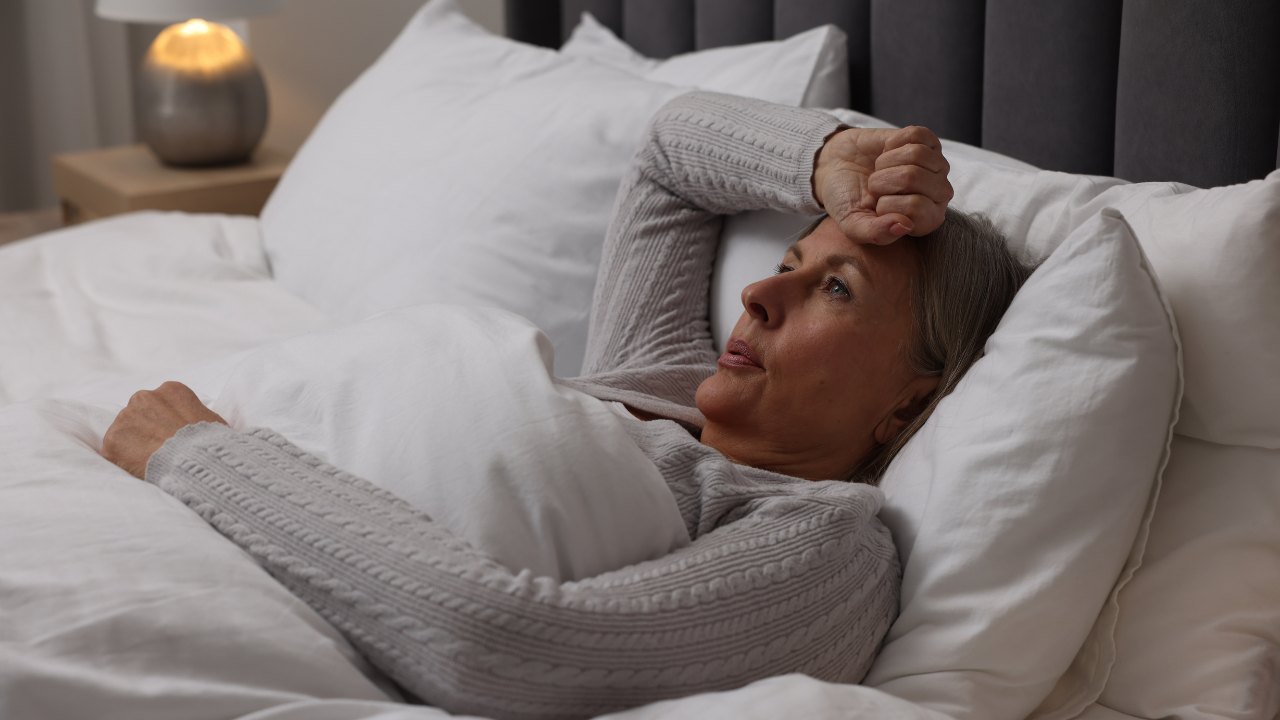
What Is a Level 3 Sleep Study?
A Level 3 sleep study, also known as portable home sleep testing (HSAT), is used to diagnose moderate to severe obstructive sleep apnea and monitor the effectiveness of treatments like CPAP therapy or oral appliances.
This test involves a small recording device worn overnight that measures:
- Airflow
- Breathing effort
- Heart rate
- Oxygen saturation (SpO2)
The device is simple to use, and our team will provide full instructions and support to ensure accurate results.
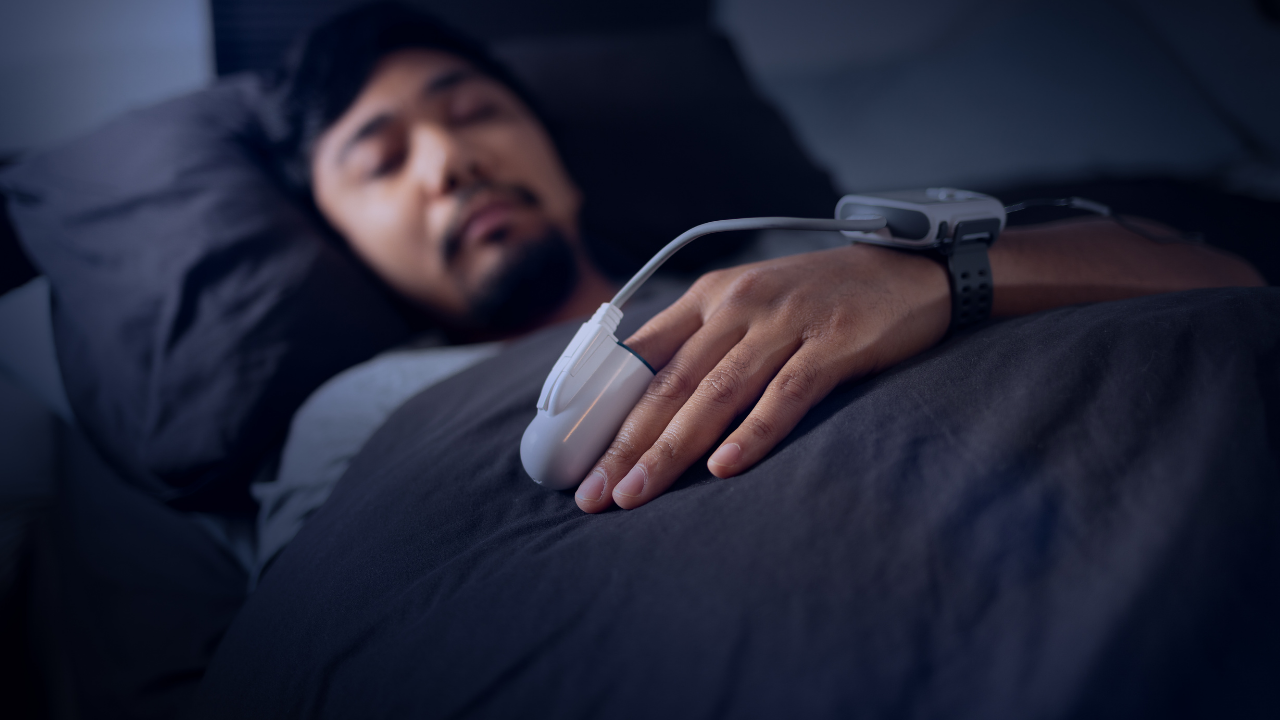
When Is a Level 3 Sleep Study Recommended?
Level 3 testing is ideal for patients who:
- Show symptoms of moderate to severe sleep apnea
- Prefer the convenience of testing at home
- Require follow-up testing to assess CPAP effectiveness or oral appliance titration
- Do not need full in-lab monitoring (Level 1 or 2)
If you’re unsure which test is right for you, your Sleep Physician will make a recommendation based on your clinical assessment.
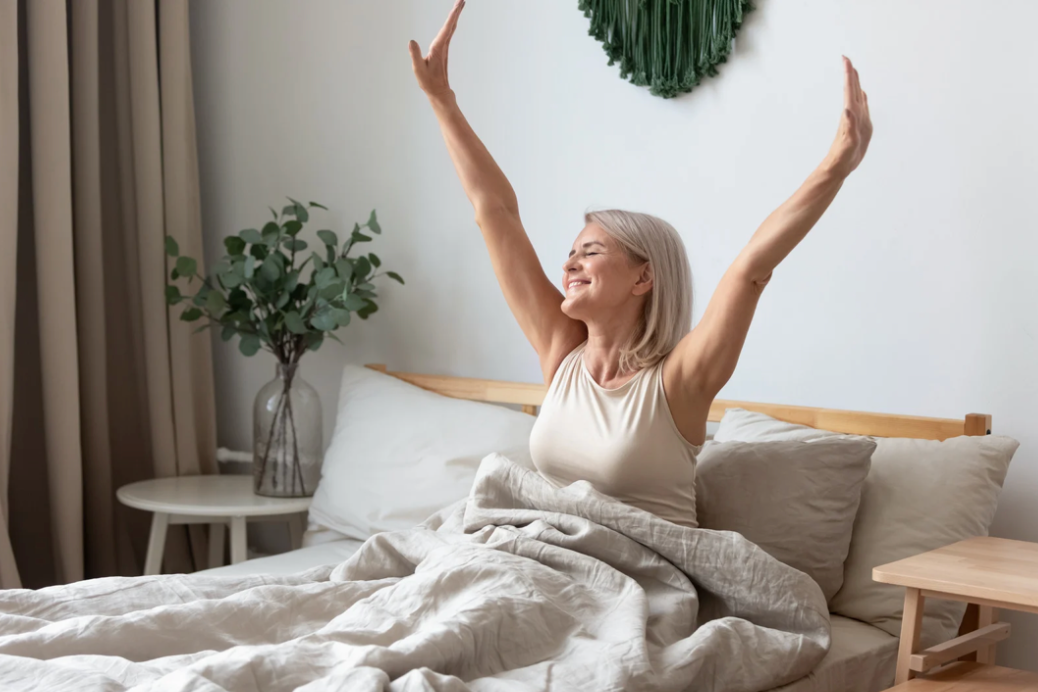
What Happens After the Test?
Once your sleep study is complete:
- The data is reviewed and scored
- Your Sleep Physician analyzes the results and prepares a diagnostic report
- You’ll be scheduled for a follow-up appointment to review the findings and begin treatment, if needed
If you're diagnosed with sleep apnea, we’ll guide you through the next steps — including trying CPAP therapy with no obligation to purchase.
Who Needs a Level 3 Sleep Study?
If you snore loudly, wake up gasping, or feel excessively tired during the day, a Level 3 study may be an appropriate starting point. It’s best suited for individuals with a high likelihood of moderate to severe sleep apnea and no other significant medical conditions affecting sleep.
This type of study is often recommended if your symptoms are consistent with typical sleep apnea and you don't require the more in-depth monitoring offered by Level 1 or Level 2 tests. It's a convenient and effective way to screen for OSA from the comfort of your own home.
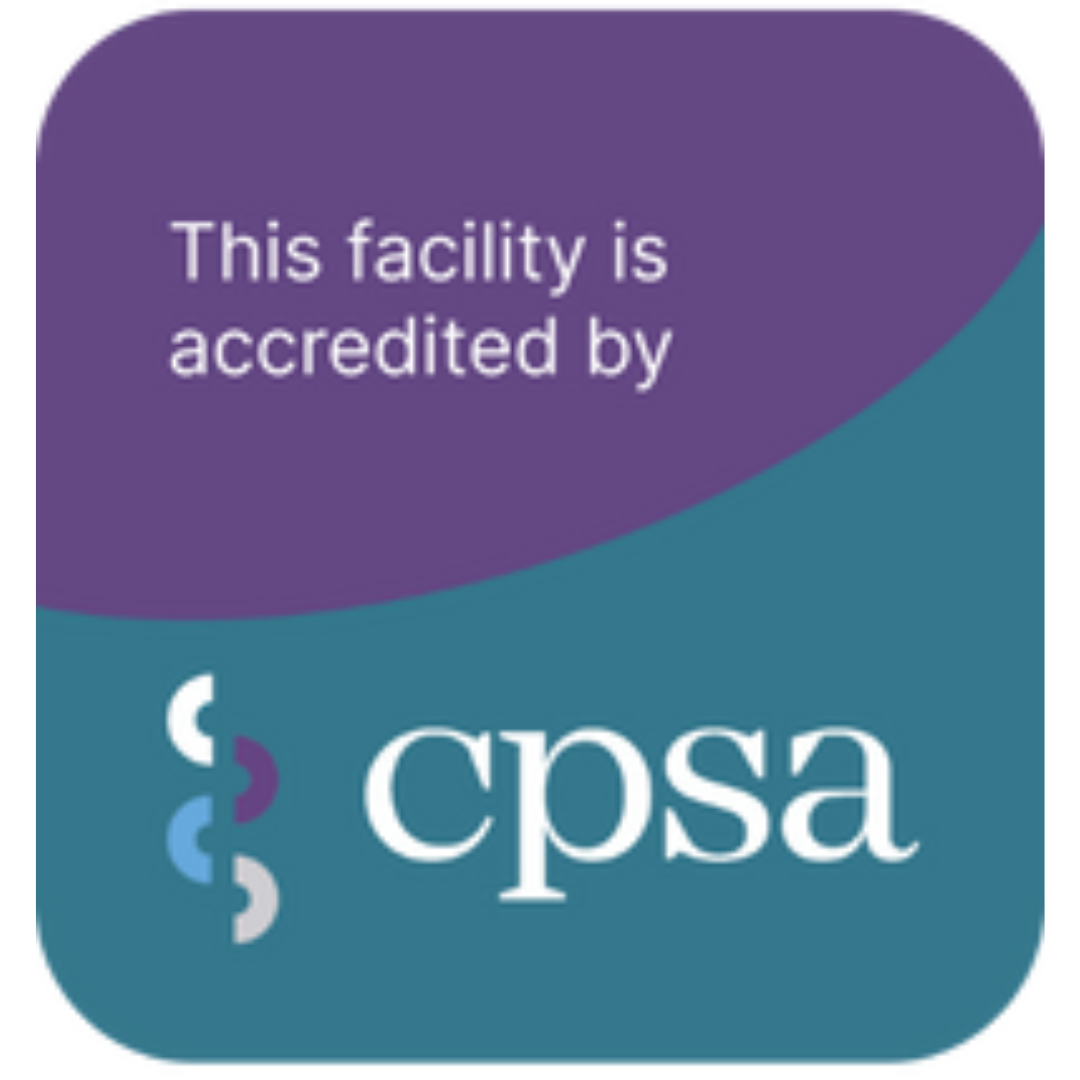
Is It Covered by Alberta or NWT Health?
Level 3 home sleep studies are available at NO COST. All consultations are fully covered by Alberta Health Services and NWT Health. We’ll walk you through any other reimbursement options if private coverage is involved.
Why The Sleep Institute Offers More Accurate Care
Most sleep clinics test every single person for sleep apnea. This type of blind testing leads to inaccurate results with a higher rate of false positives and false negatives. Testing should be done appropriately based on a proper assessment and with a more comprehensive clinical view of the patient.
At other sleep clinics, the only physician involvement is in the interpretation and signing of the sleep test results. At The Sleep Institute, we believe in physician-led care from start to finish with all patients having the opportunity to consult with a physician. This is critically important because many patients may have difficulties with therapy and many patients may have other sleep issues (eg. insomnia) which need to be addressed in order to achieve successful therapy and outcomes.
Our Approach includes:
Complete a Self-Referral-
1.
Based on your completed medical questionnaire, our team will be able to decide based on our evidence-based protocol what the next step is
-
2.
You may be advised to move direct to testing based on a higher probability of sleep apnea
-
3.
If you have a low probability of sleep apnea, you may be advised to have a consult with a Sleep Physician first
-
4.
Medical review of your results (not just automated scoring)
-
5.
A follow-up plan tailored to your needs — including CPAP trials, oral appliance therapy, or CBTi
-
6.
Full support with insurance, paperwork, and equipment guidance
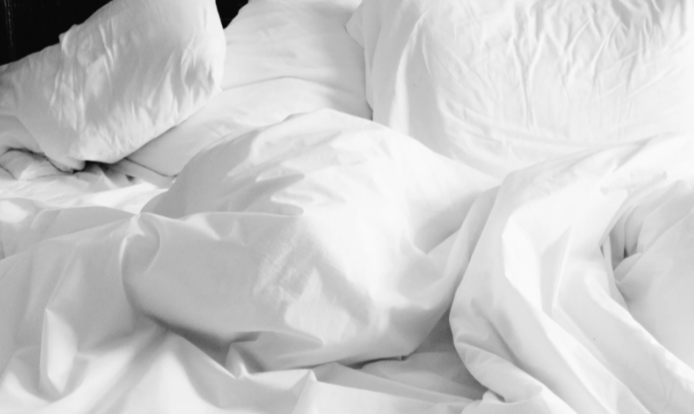
Take the First Step Toward Better Sleep
If you snore, feel tired during the day, or suspect you may have sleep apnea, a simple overnight test could give you the answers you need. Let our physicians help you take control of your sleep — without waitlists or referrals. Covered by provincial health plans.
Subscribe To The Sleep Institute Newsletter
Get exclusive access to new products, special offers, and the latest on all things sleep.
